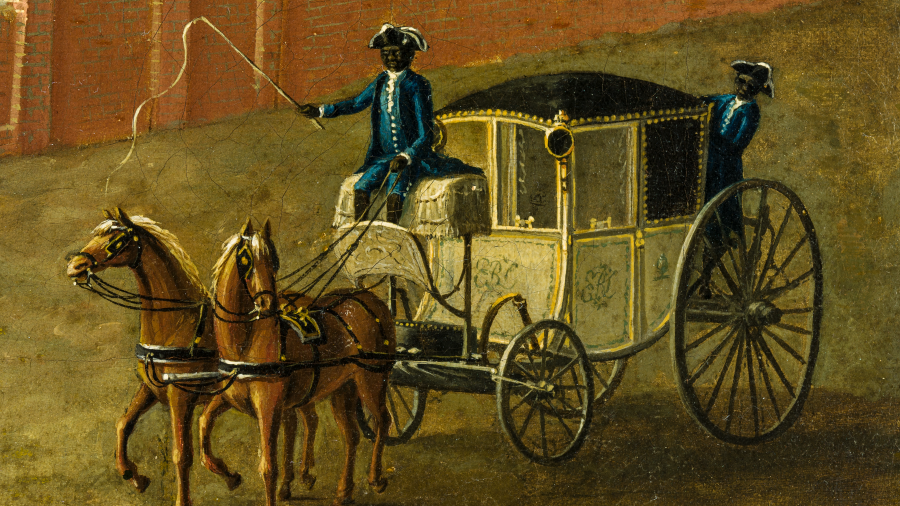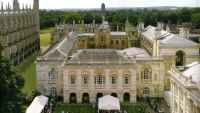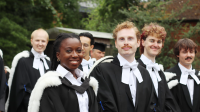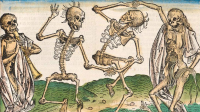
Overview
In this talk I will outline several notable additions to previous research about the life and music of the Anglo-Jamaican organist and composer Samuel Felsted (1743–1802). Previous researchers have not addressed the fact that Felsted lived at a time when most of the inhabitants of Jamaica’s chief town, Kingston (the capital today), were or were descended from enslaved Africans. Felsted, like his friends, family and acquaintances was a slaveowner and as I argue in this paper, his various literary and artistic outputs demonstrate how he was inspired by the kinds of issues like slavery, servitude, sovereignty and nationhood that surfaced in his social environment. In order to consider the meaning of Samuel Felsted’s legacy today, I turn to the contextualization of his virtually unknown oratorio The Dedication, considering the links between Felsted’s world and that of the work’s self-authored libretto, ancient Babylon.
Speaker
Wayne Weaver is a PhD student in Music here at Cambridge University and a member of Wolfson College. He is also a Visiting Research Fellow at the Eccles Centre for American Studies at the British Library. Wayne’s research fuses his interests in Caribbean history and the music of early modern Europe. His doctoral dissertation loosely titled “Space, 'Race', and the Performance of European Musical Culture in Kingston, Jamaica (1760-c. 1800)” investigates the art and sound worlds of the Anglo-Jamaican composer, Samuel Felsted (1743-1802). Wayne is primarily interested in the ways that the experiences of people of African origin might be included in today’s histories of the music of the colonial era.
Details
This is a hybrid event, which will take place in-person in the Gatsby Room (Chancellor's Centre) and also on Zoom.
If you would like to attend online, please register for the Zoom link.
For the in-person audience, drinks and snacks will be available after the talk.
This event is co-organised by the Humanities Society and the Music Society.




